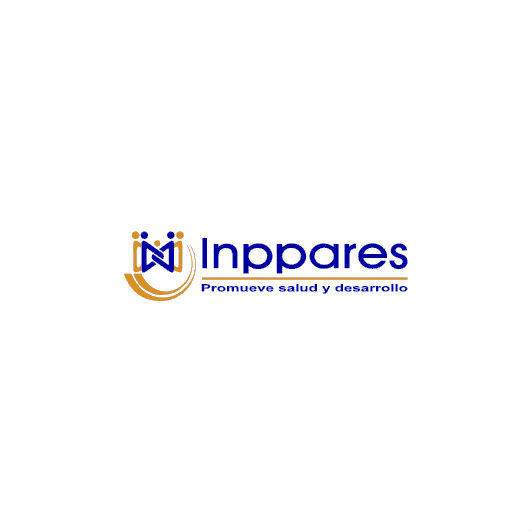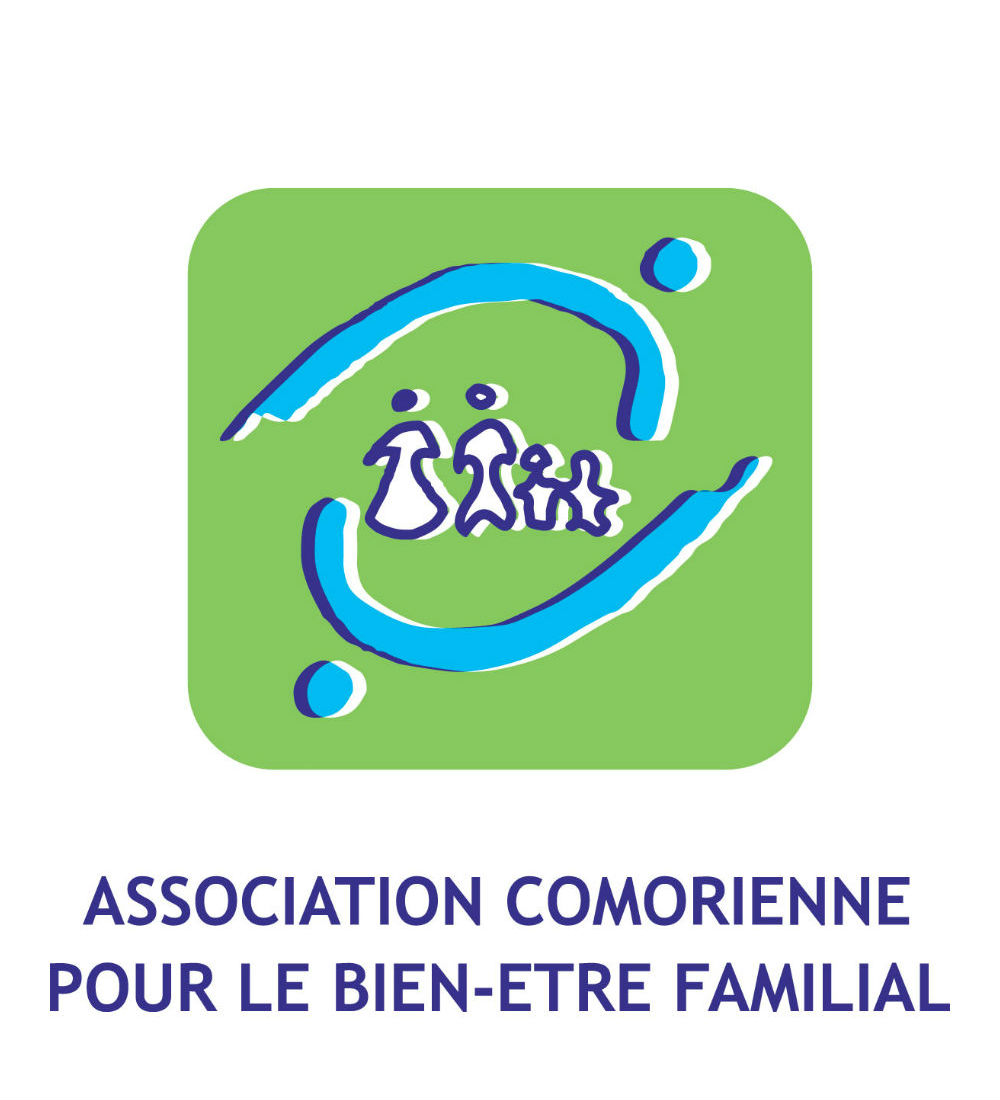

| 31 March 2016
Instituto Peruano de Paternidad Responsable
The Instituto Peruano de Paternidad Responsable (INPARRES) operates an extensive network of over 1,800 service points which include 16 permanent clinics, 1 mobile facility and over 1,000 associated facilities. Its Family Planning Brigades reach out to nearly 500,000 people in remote communities. The organization works with community groups and private doctors to integrate family planning services into maternal and child health programmes, and to conduct wide-ranging information, education and communication (IEC) activities. INPARRES also provides training in the prevention of sexually transmitted infections (STIs), including HIV and AIDS, to health workers, teachers and journalists. INPPARES’s far-reaching youth programme employs doctors, social workers, psychologists, health educators, youth volunteers, communications experts and employment counsellors to undertake outreach work in schools, youth centres, communities and a wide range of informal outdoor locations – including beaches, markets and music events. INPARRES holds sexual and reproductive health fairs 3 times a year together with government ministries and campaigning groups such the Ministry of Health, the Homosexual Movement of Lima and Via Libre (an AIDS organization). Contacts Website: www.inppares.org Facebook: https://www.facebook.com/INPPARES/ Twitter: https://twitter.com/INPPARES

| 31 March 2016
Association Comorienne pour le Bien-Etre de la Famille
Located off the eastern coast of Africa in the Indian Ocean, Comoros is an archipelago of 4 islands at the northern end of the Mozambique Channel between northeaster Mozambique and northwestern Madagascar. At a little over 1,800 square kilometres, it’s the third smallest nation in Africa, but has over 700,000 inhabitants. It is one of the most densely populated countries on the continent. A third of the population are women of reproductive age and the absence of essential health services presents major risks to their health and survival. High fertility levels allied to low contraceptive uptake, and widespread poverty combine to drive high risks related to sexual and reproductive health (SRH). In response, the Association Comorienne pour le Bien-Être Famille (ASCOBEF) is delivering a comprehensive range of sexual and reproductive health programmes and services. These include family planning, gynaecological counselling and services, antenatal care, information, education and communication (IEC) programmes and behaviour change communications (BCC) activities to promote health-seeking behaviour. It is also playing a major advocacy role in the fight against gender-based violence, and has provided extensive victim support. The majority of ASCOBEF's clients are poor, marginalized, socially excluded and/or under-served. ASCOBEF deliver services and programmes supported by volunteers, Youth Action Movement members and peer educators. ASCOBEF works in partnership with non-governmental organizations (NGOs) including Réseau Femmes et Développement. It receives financial support from UNFPA, the Global Fund, UNICEF and the World Health Organization. Contacts Website: www.ascobef.org Facebook: https://www.facebook.com/Association-Comorienne-Pour-Le-Bien-Etre-De-La-Familla-Ascobef-1514140762210292/







